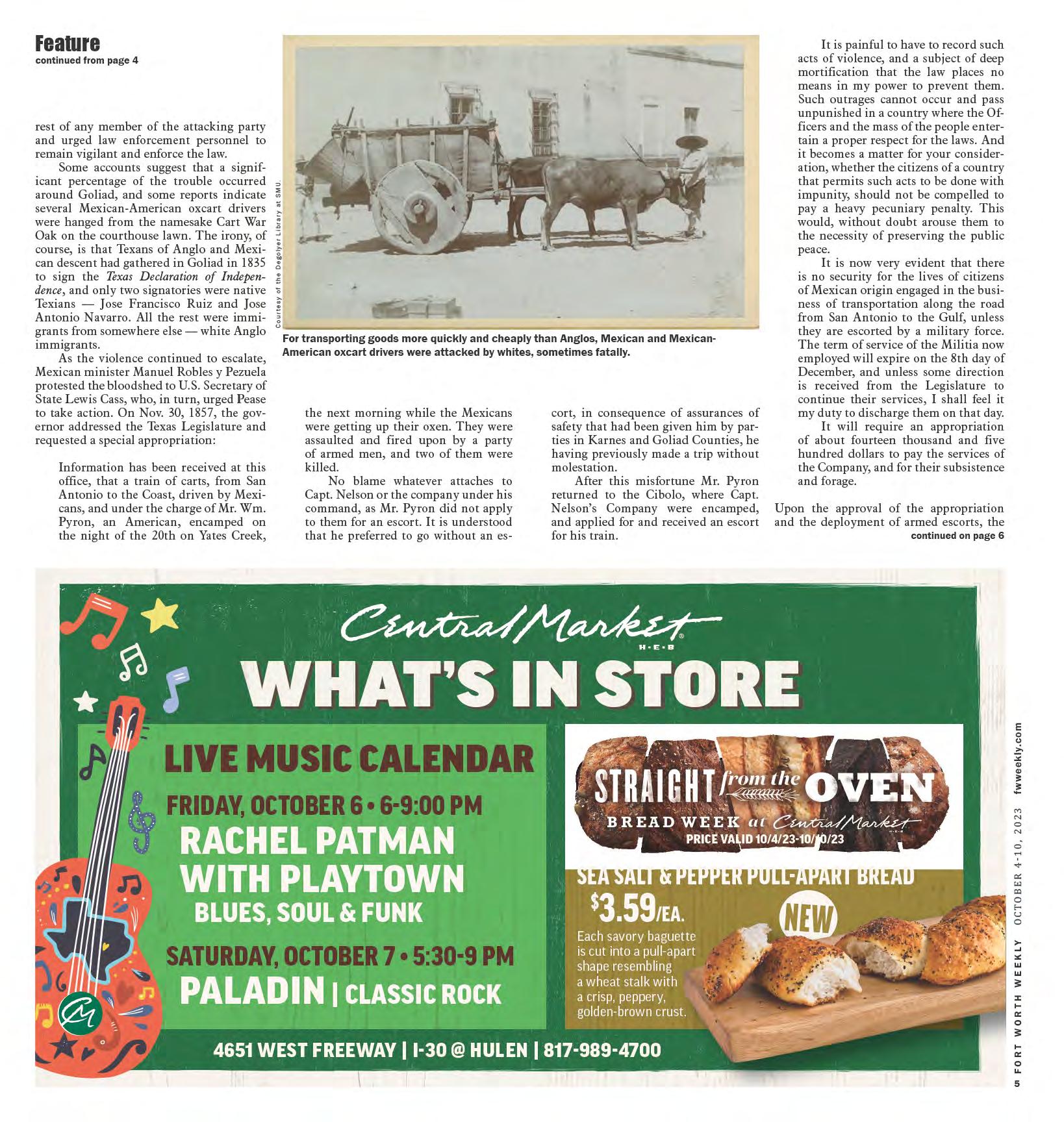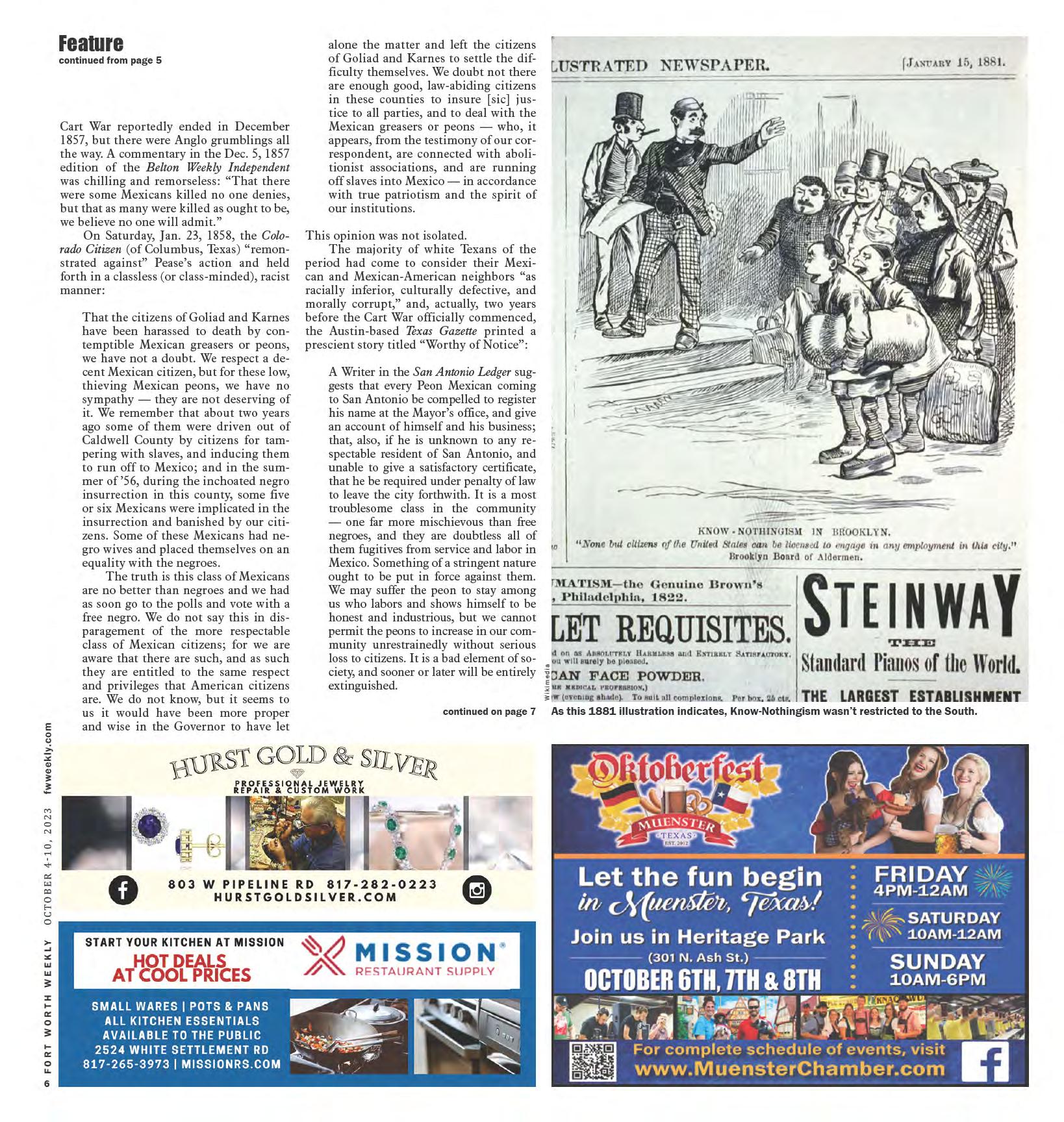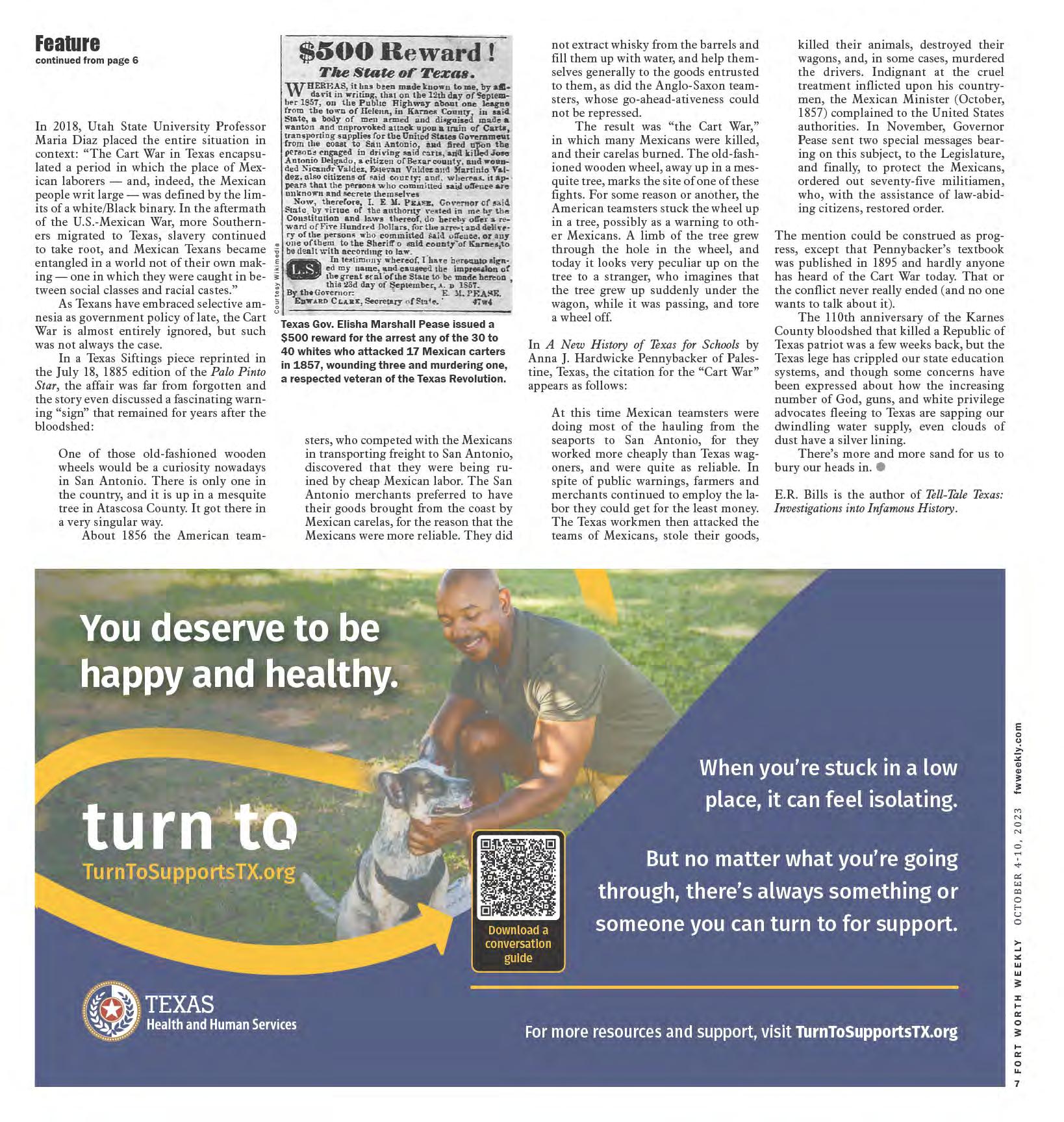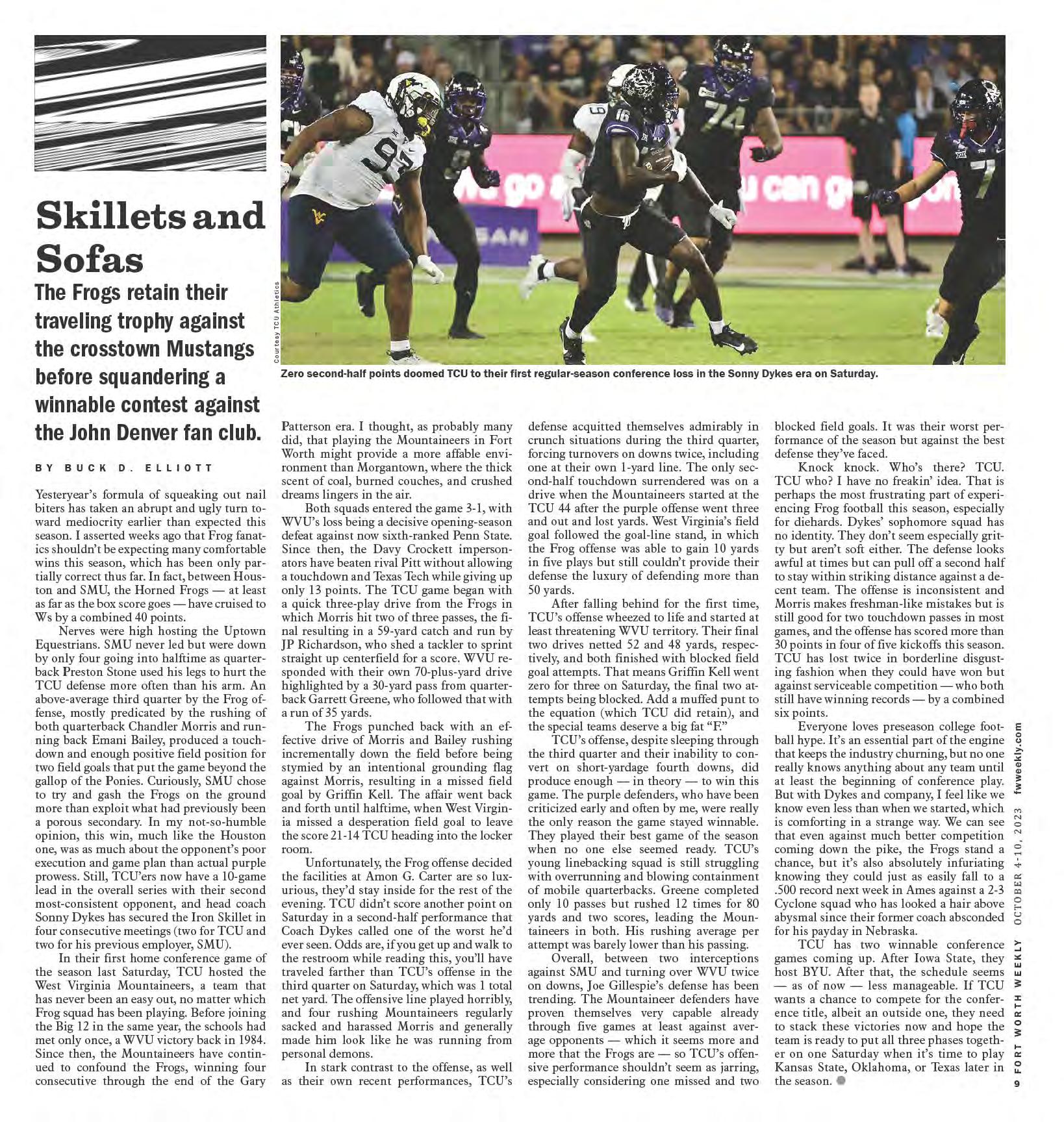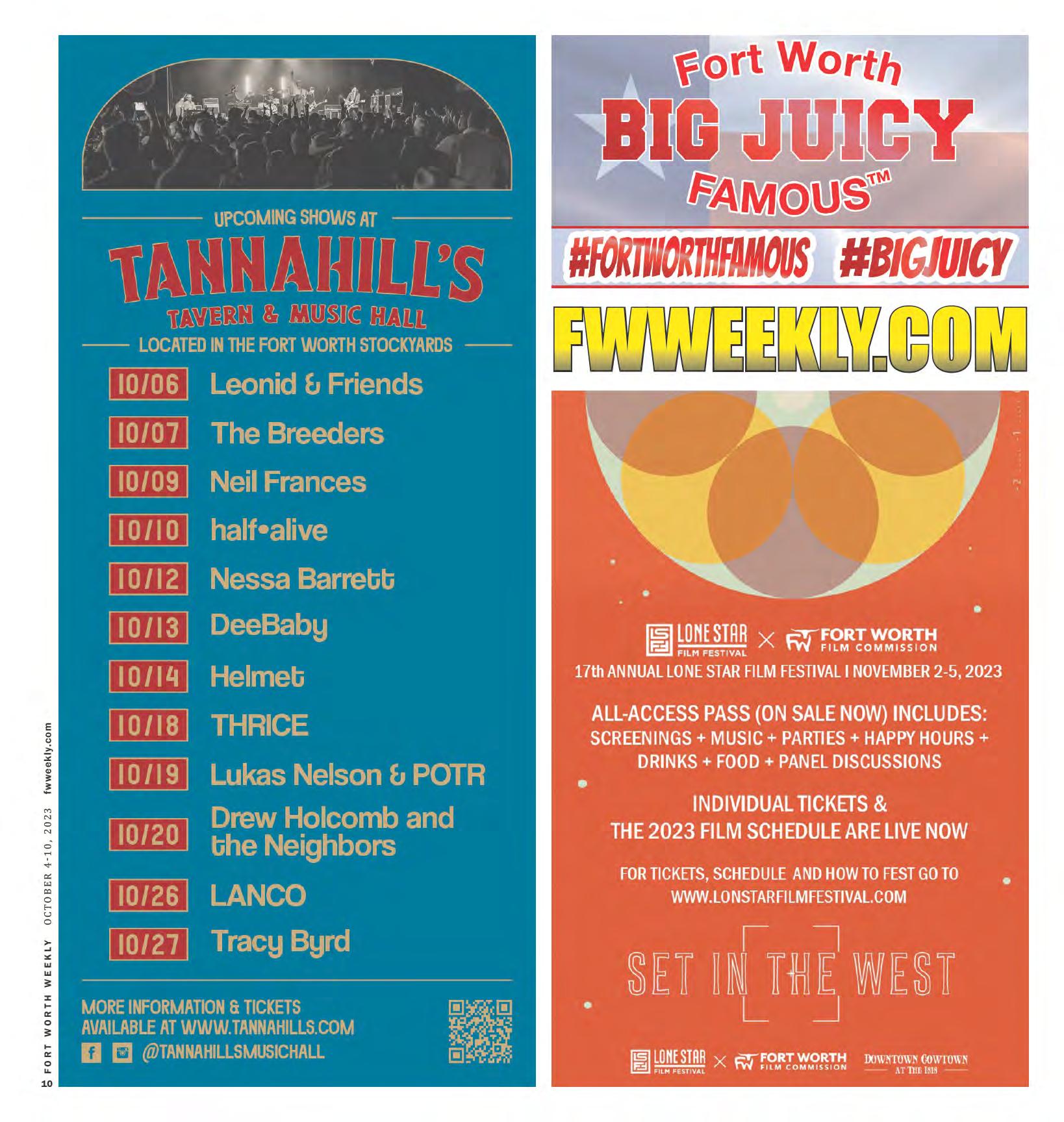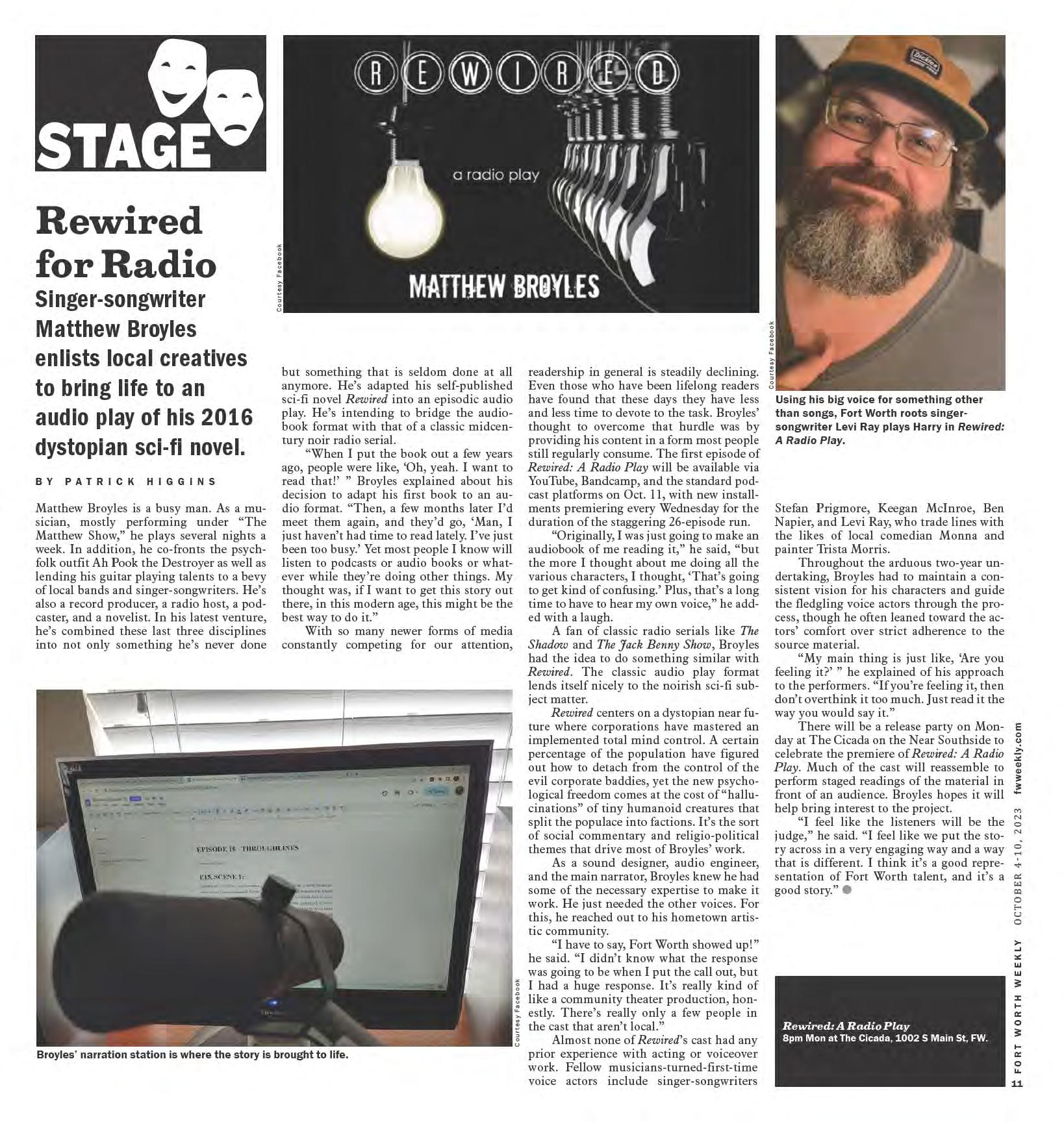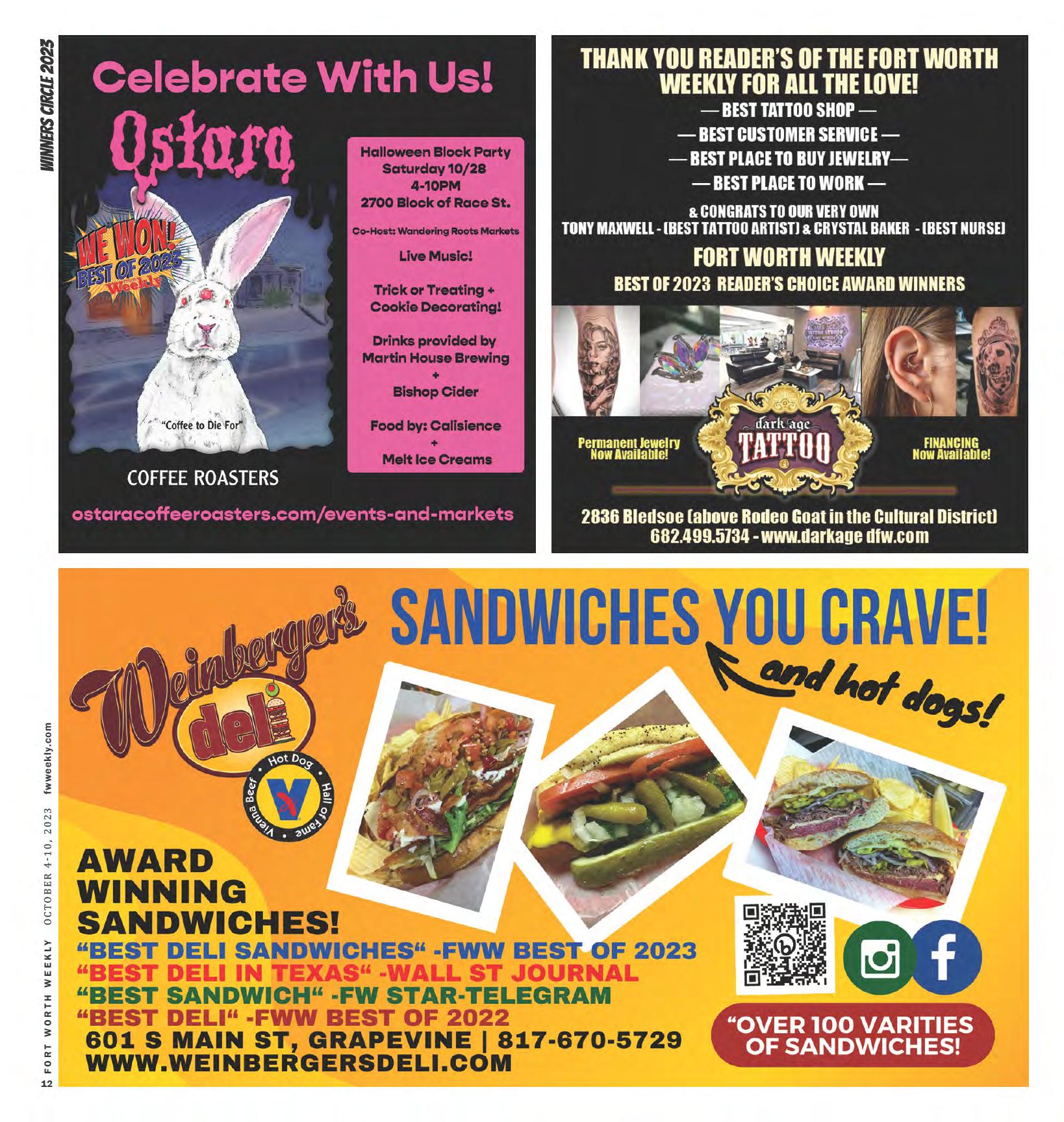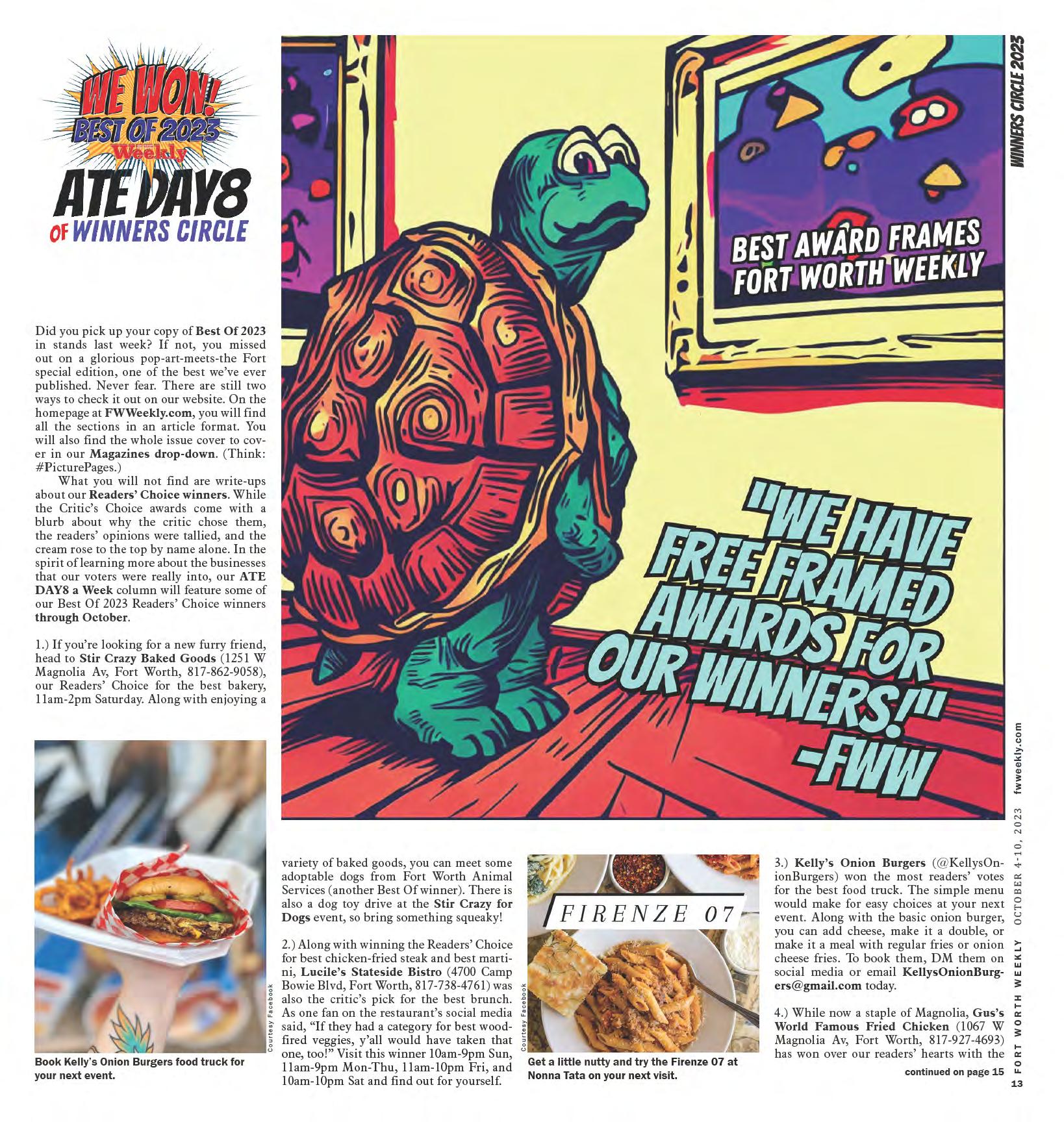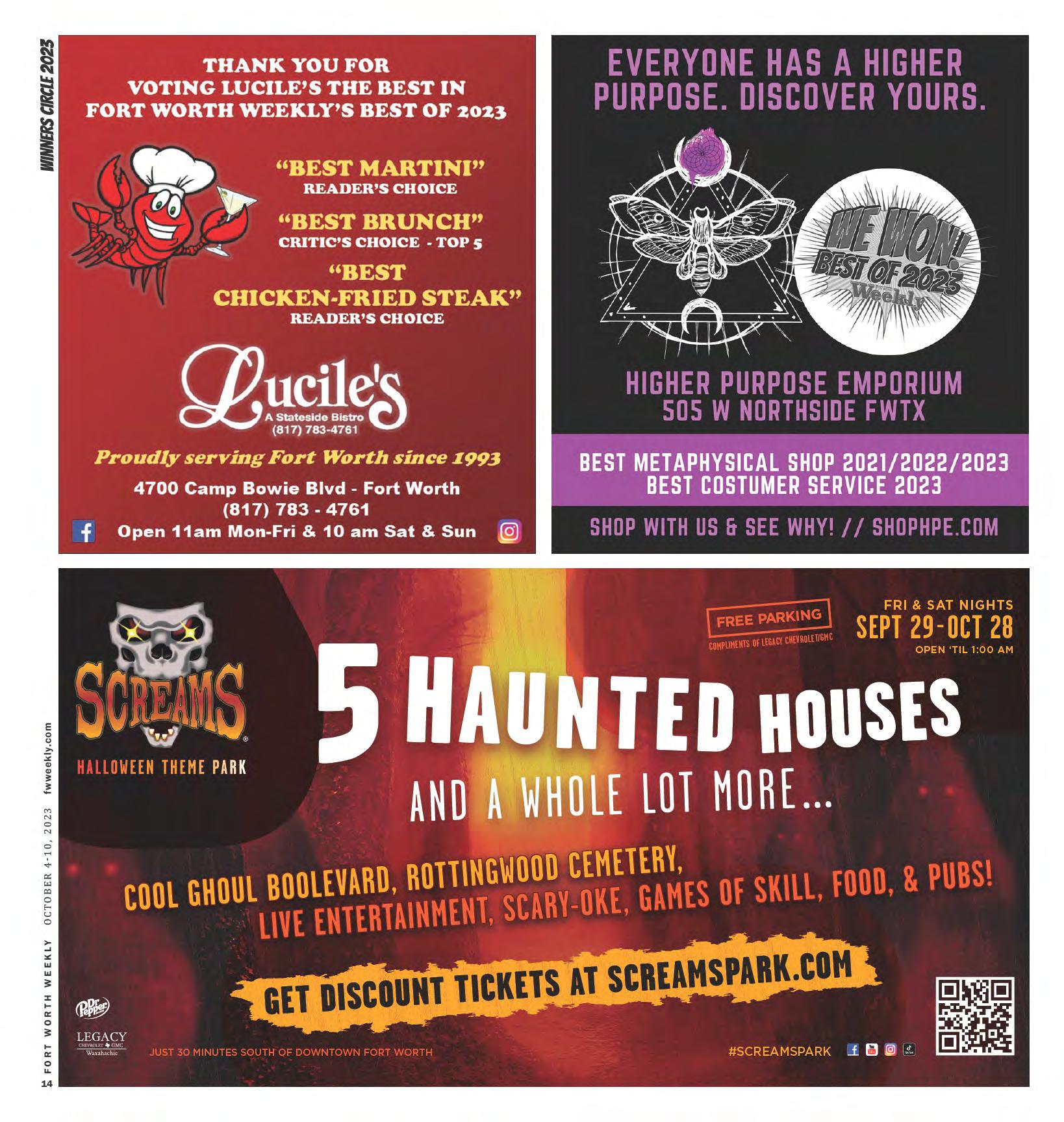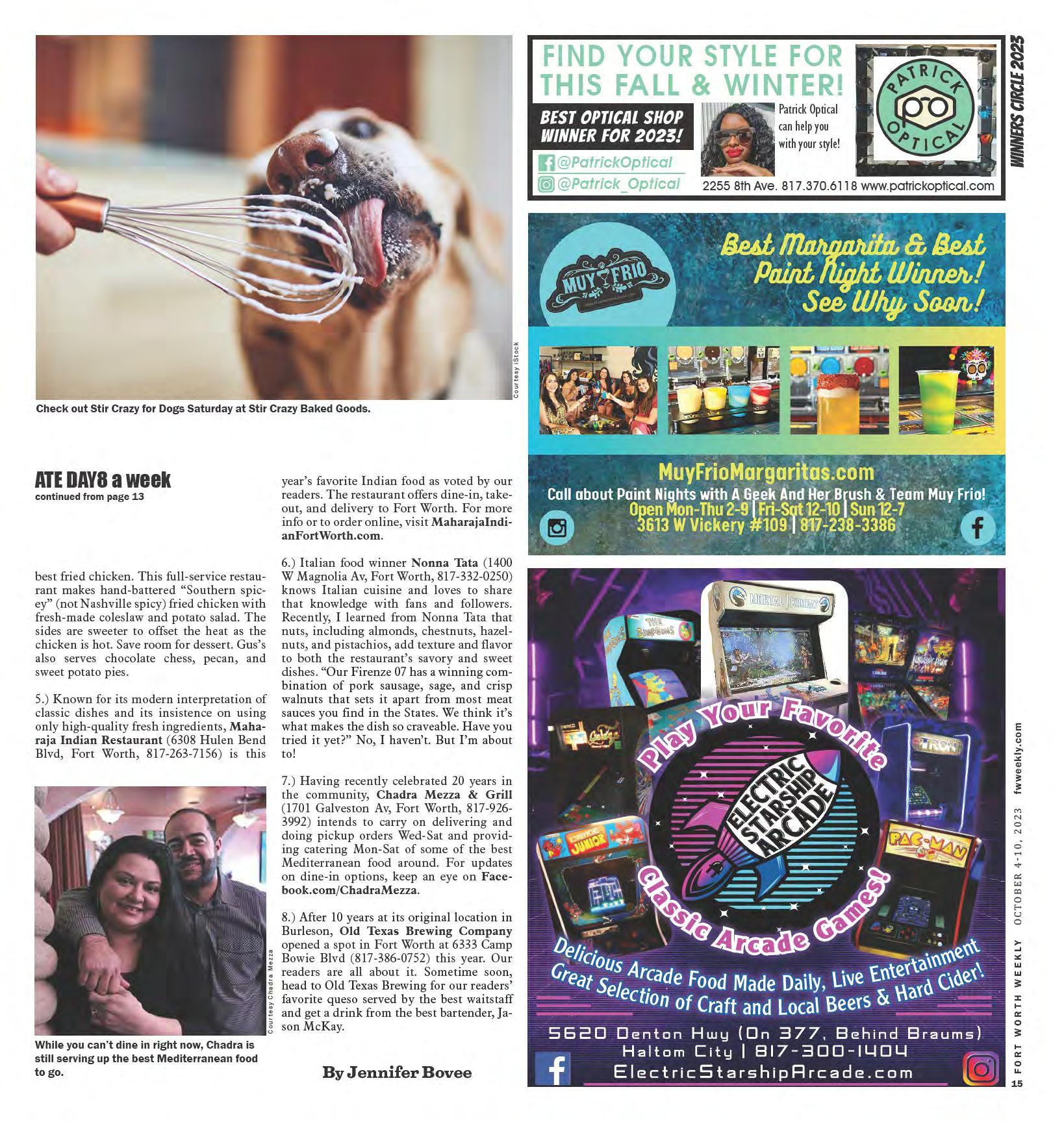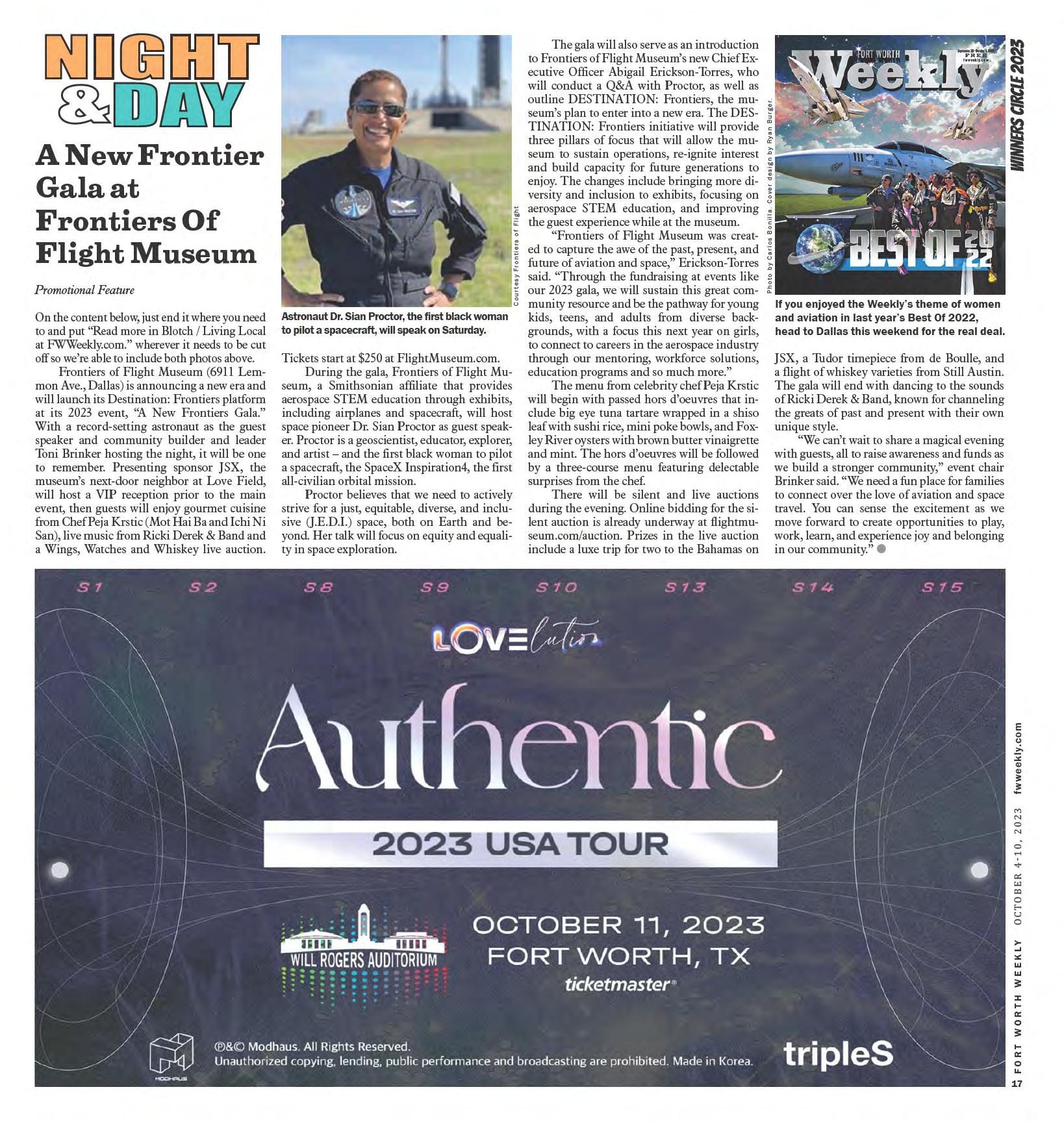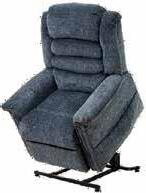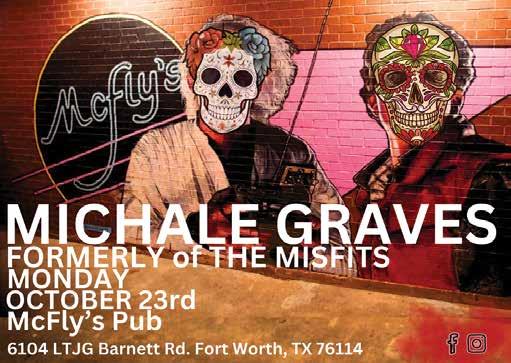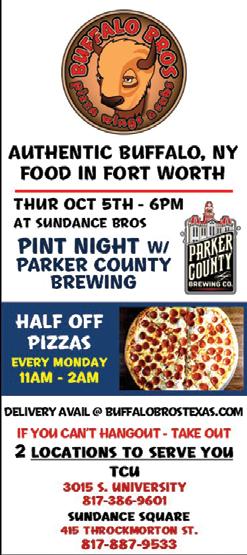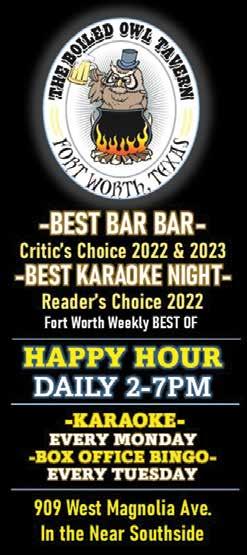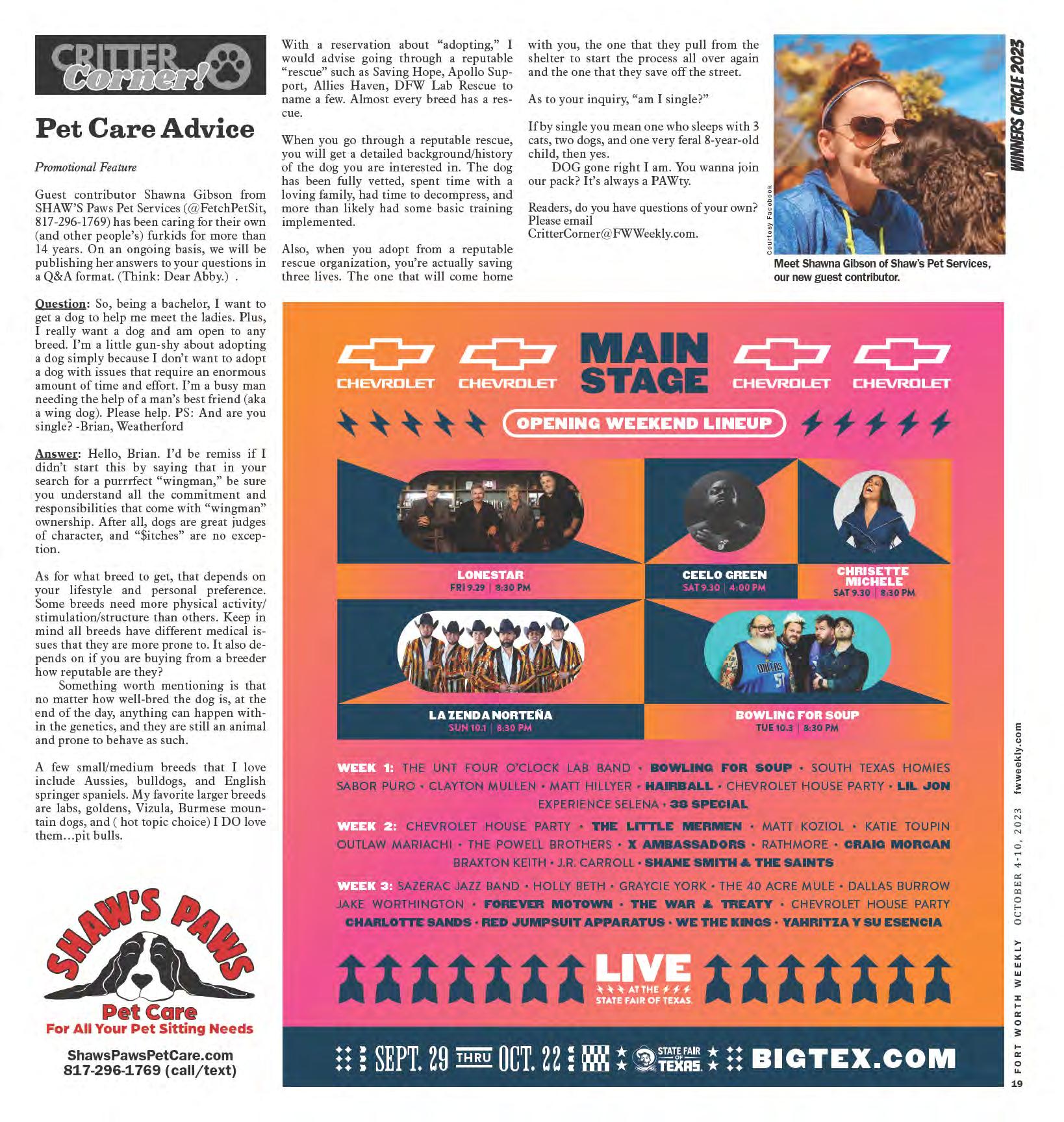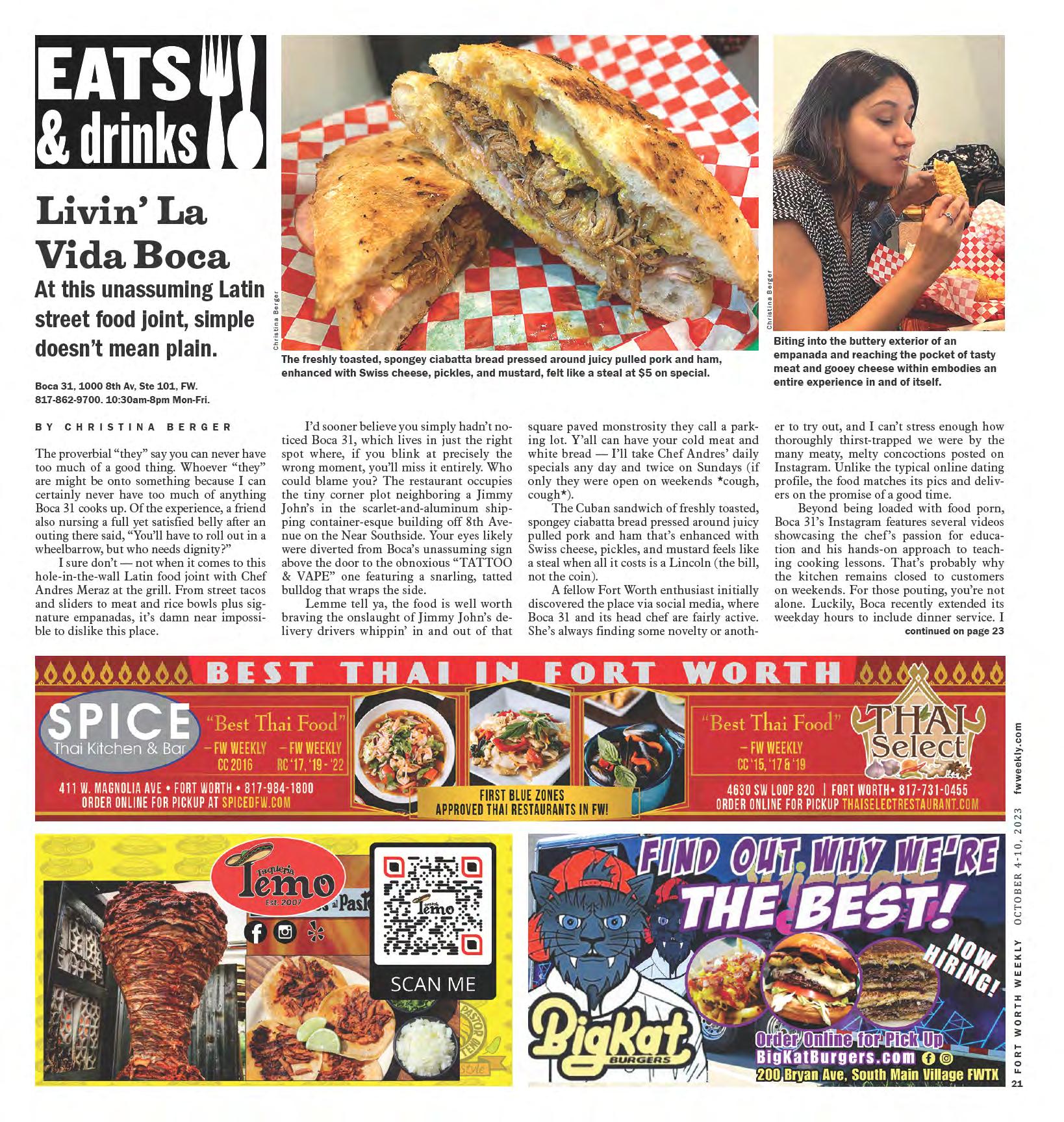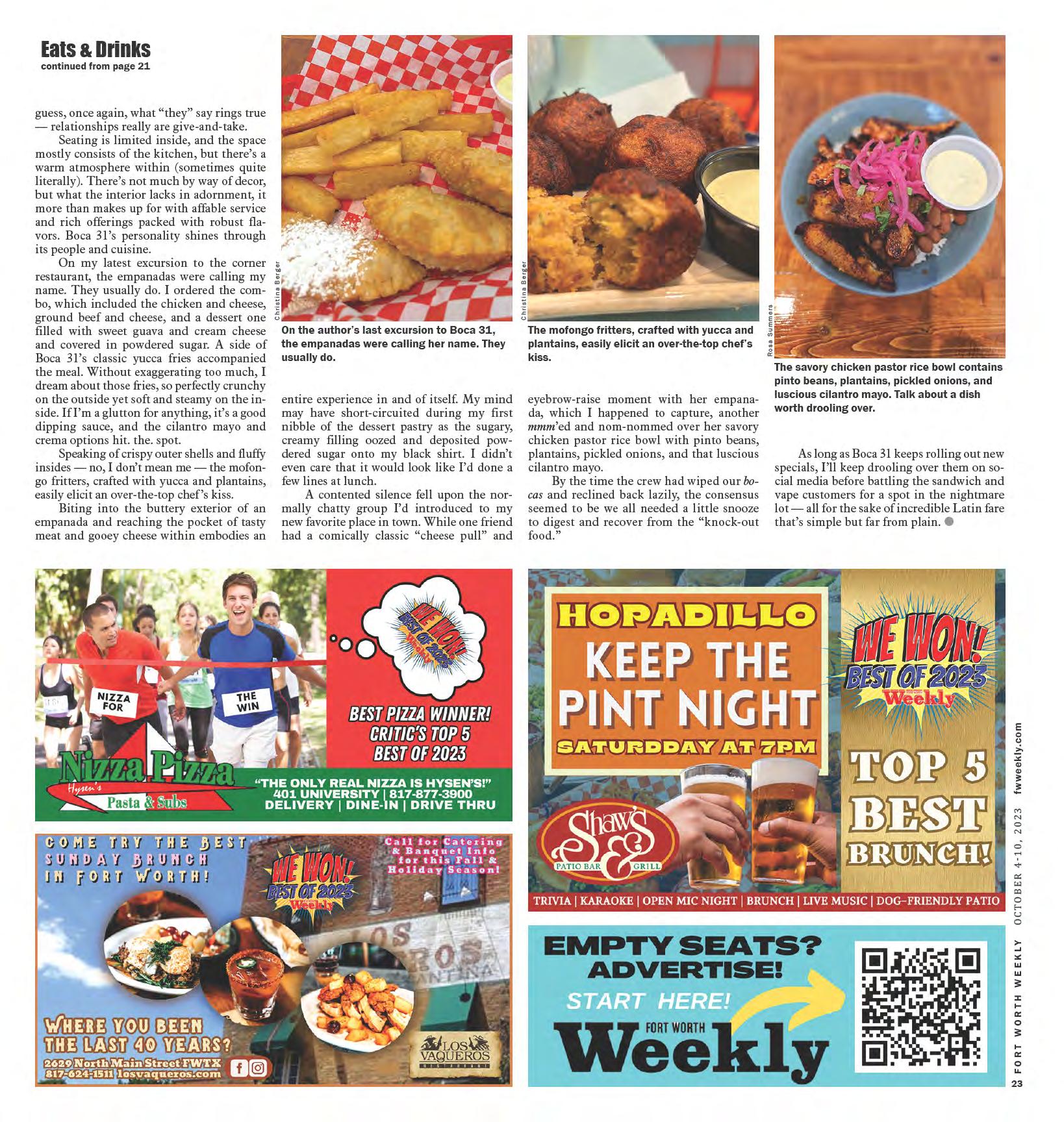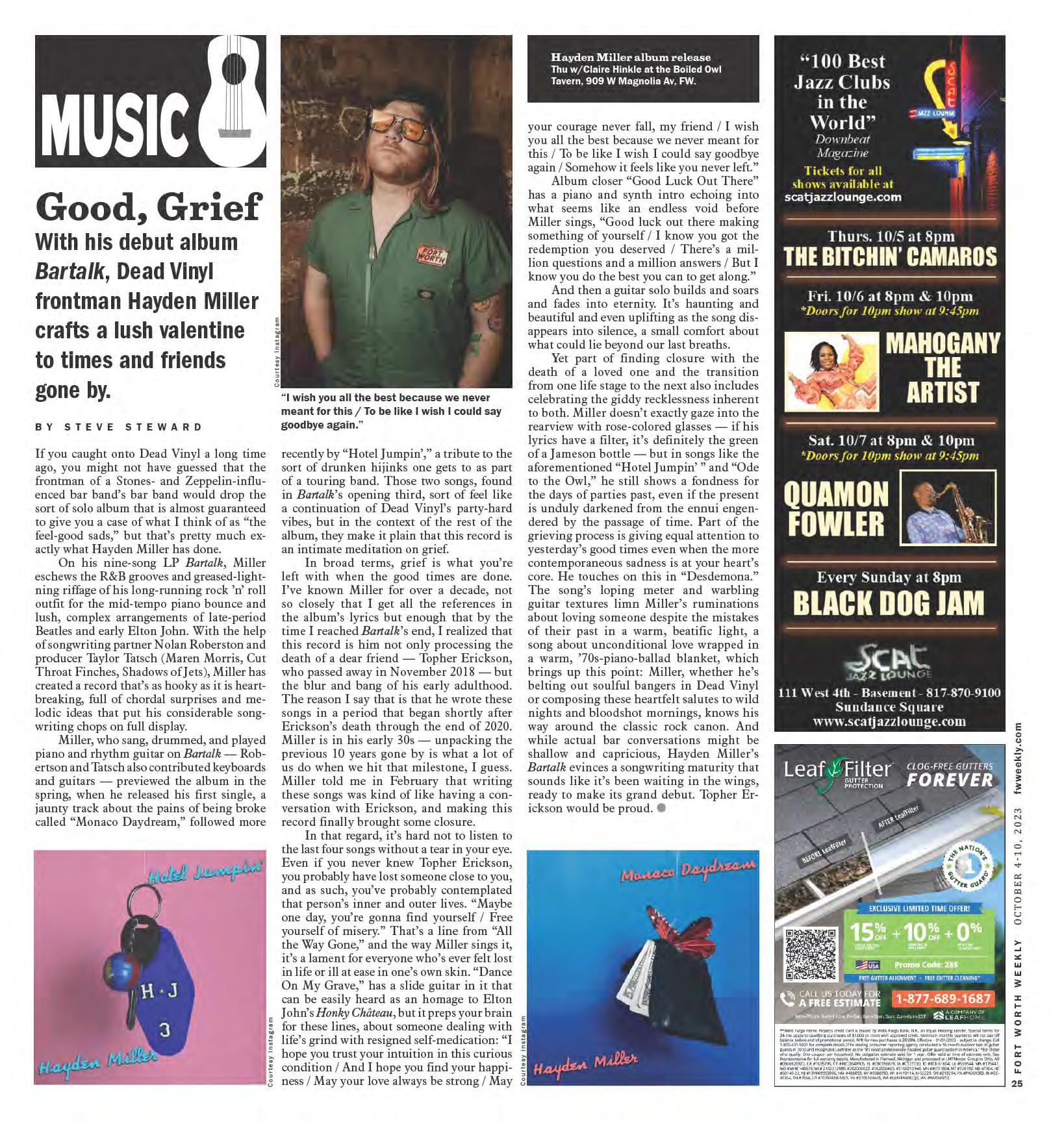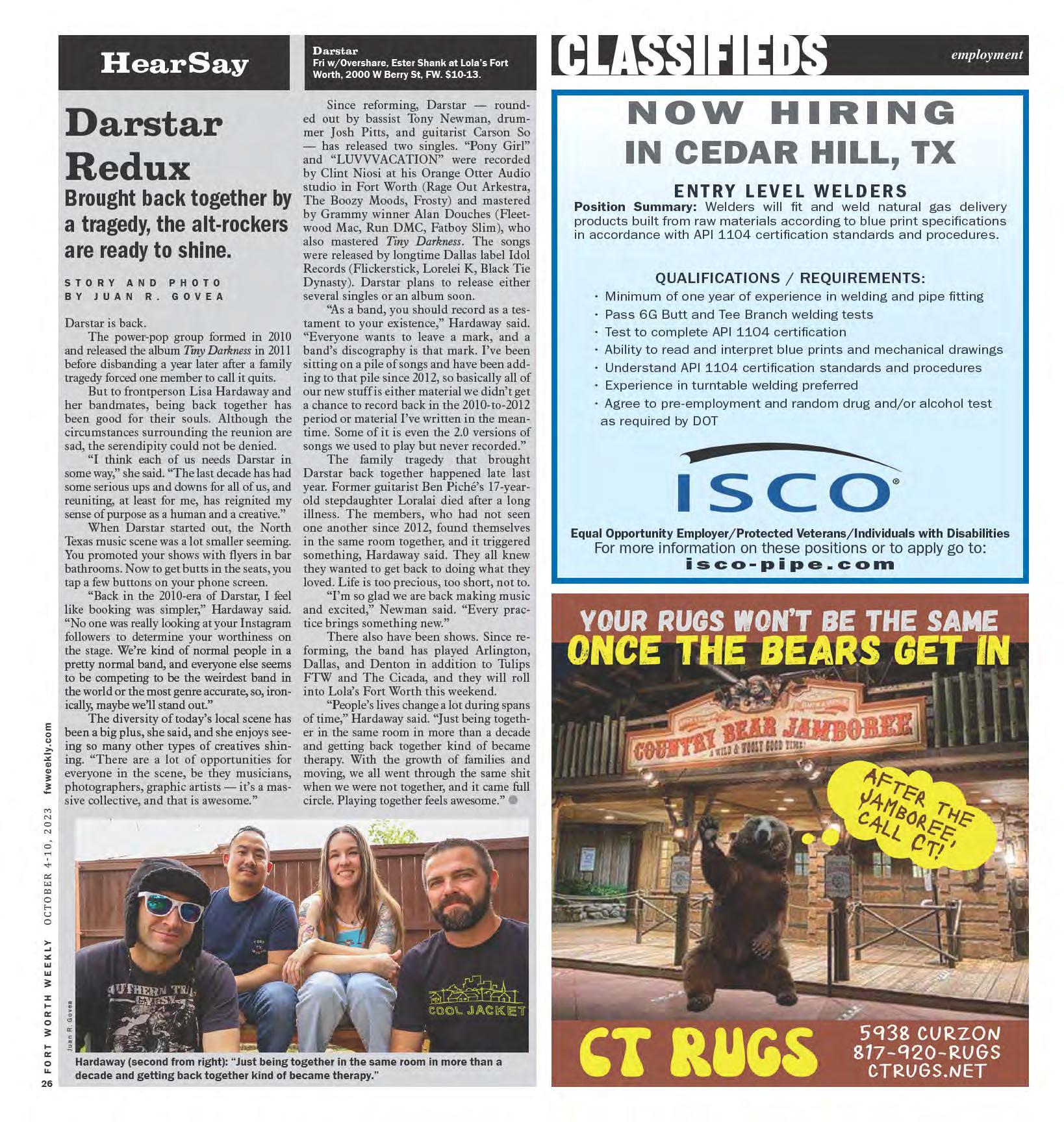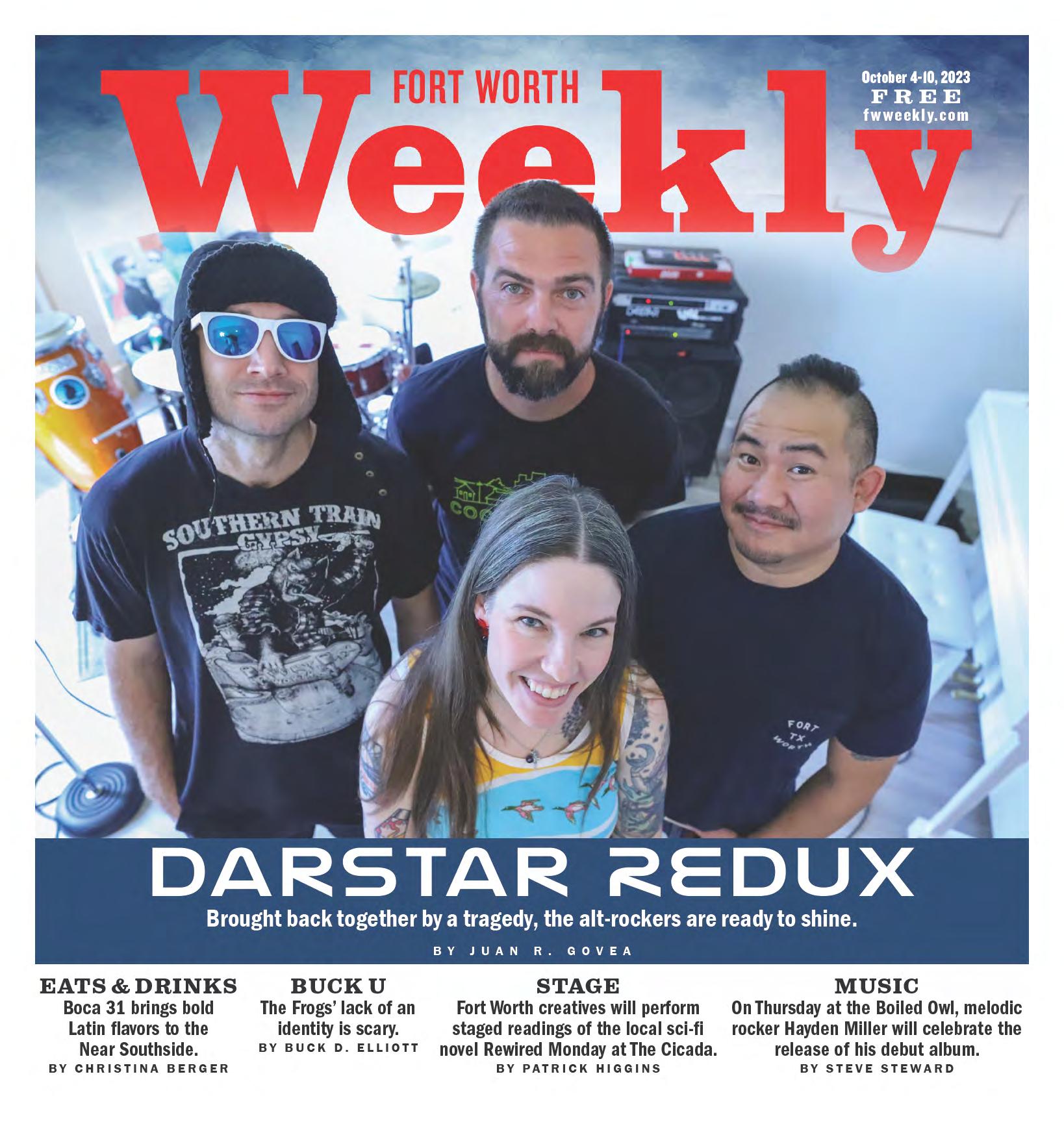






Forty years ago, Francis Ford Coppola’s Bratpacker bromide The Outsiders (based on the 1967 S.E. Hinton novel of the same name) made big stars out of Patrick Swayze, Tom Cruise, Matt Dillon, Rob Lowe, Emilio Estevez, Ralph Macchio, and C. Thomas Howell — in reverse order, “Ponyboy” Curtis, Karate Kid, a Breakfast Clubber (and Mighty Duck), the original About Last Nighter, a Drugstore Cowboy, Tom Cruise, and the Dirty Dancing Ghost in Road House. And they capitalized on the opportunity to play underprivileged “greasers” constantly put upon by the well- or better-to-do members of the “Soc” (pronounced so-shis) or high-society set, but at least 100 years before poor white folks in Oklahoma or Italians in New York City were disparaged as “greasers,” the Anglo social set in Texas used the label to dehumanize Mexican and Mexican-American oxcart operators here who worked more cheaply than Caucasian drovers. And the white Texans didn’t settle for just beating up Mexican-American versions of “Ponyboy,” “Dallas,” and “Sodapop” (some of whom had fought for Texas independence). White Texans often murdered them.
On the way back from Corpus Christi in late-July 2018, I drove through Goliad for the first time. Sometimes I take different routes to explore or just loaf a little. I was immediately struck by an incredible tree on the north side of the Goliad County Courthouse, between Commercial and Market streets. I parked, took some pictures, and sat on a bench. I liked the tree. I liked the dramatic appearance of the courthouse through the branches. I spotted a stone-mounted historical marker and examined it. Erected in 1964, the marker for “The Hanging Tree” gave a me a short history lesson.
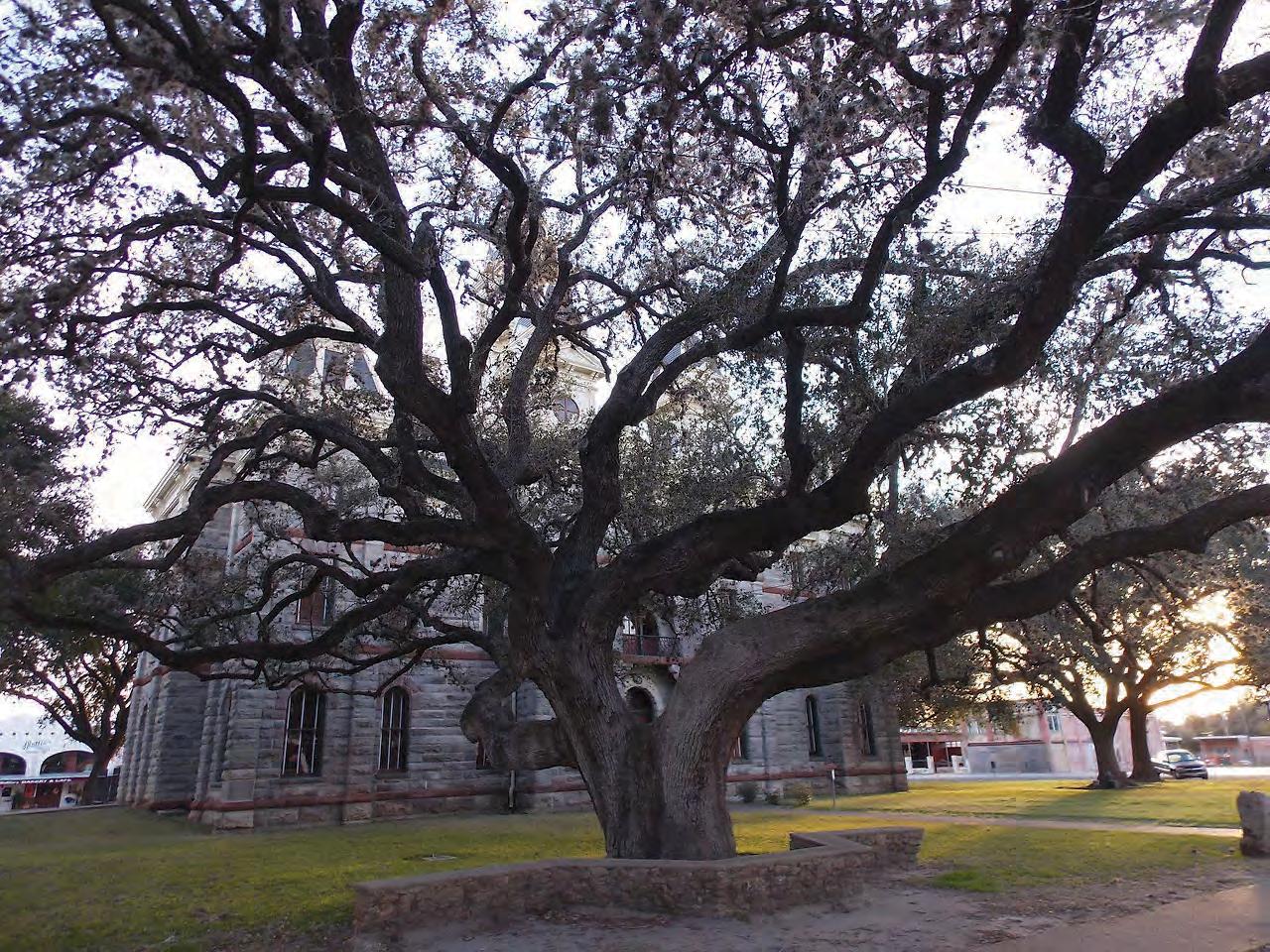
Site for court sessions at various times from 1846 to 1870. Capital sentences called for by the courts were carried out immediately, by means of a rope and a convenient limb.
Hangings not called for by regular courts occurred here during the 1857 “Cart War” — a series of attacks made by Texas freighters against Mexican drivers along the Indianola-Goli-
ad-San Antonio Road. About 70 men were killed, some of them on this tree, before the war was halted by Texas Rangers.
“Hangings not called for by regular courts.” Lynchings.
The tree, which I later learned was also referred to as the Cart War Oak, suddenly seemed Lovecraftian.
Here is the first paragraph of the “Cart War” from the Texas State Historical Association’s Handbook of Texas:
The so-called “Cart War” erupted in 1857 and had national and international repercussions. The underlying causes of the event, historians believe, were ethnic and racial hostilities of Texans toward Mexican Texans, exacerbated by the ethnocentrism of the Know-Nothing party and the White anger over Mexican sympathy with Black slaves.
By the mid-1850s, Mexicans and Tejanos had built a successful business of hauling food and merchandise from the port of Indianola to San Antonio and other towns in the interior of Texas. Using oxcarts, Mexicans moved freight more rapidly and cheaply than their Anglo competitors. Some Anglos
retaliated by destroying the Mexicans’ oxcarts, stealing their freight, and reportedly killing and wounding a number of Mexican carters.
Mexican Americans and Hispanic immigrants taking Anglo Texans’ jobs. Ethnocentrism as in Anglocentrism. And an angry “Know-Nothing” faction in our government that didn’t know much and didn’t care about knowing much.
Sounded familiar.
The local authorities made no serious effort to apprehend the perpetrators of violence against the Mexican-American and Mexican teamsters, much less punish them for their transgressions. And the Sept. 24, 1857 edition of the San Antonio Texan wasn’t having it:
These Mexicans are citizens of Texas, they were born here, and they or their fathers fought against Mexico for that liberty they now enjoy — “liberty,” did we say — rather a poor show for liberty when they are not allowed to pursue their daily labor without being shot down like dogs! And for no other excuse than because they live cheap.
Hardly disproving the Texan’s charge, the
Sept. 26, 1857 printing of the Weekly Independent in Belton countered it disapprovingly:
From a gentleman of our acquaintance, who has for something more than a year past been a citizen of San Antonio, we learn that this war has not been waged against Mexican cartmen on account of the difference in the prices they charge for hauling, nor is it believed that other Wagoners are the only ones who attack them, but it is on account of the thieving of those greaser wagoners or cart-men on the road.
On Sept. 12, 1857, 17 Mexican oxcarts were attacked by 30 to 40 men near Helena in Karnes County. The attackers’ faces were “either masked or blackened,” and they murdered Jose Antonio Delgado, some reports indicating that he had been shot 14 times. Esteban, Martinio, and Nicandr Valdez were also wounded, but Delgado was a prominent San Antonio citizen. He had served under Andrew Jackson in the Battle of New Orleans in the War of 1812 and was a respected veteran of the Texas Revolution.
Texas Gov. Elisha Marshall Pease subsequently issued a $500 reward for the ar-
